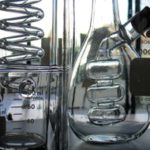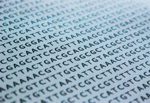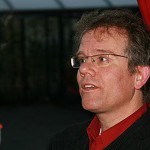No neonics? And then what?
Another major study on neonicotinoids (neonics) was published in Science, last month. It sparked vehement comments from groups like Greenpeace and Friends of the Earth who want no neonics, as the study seems to show that ‘neonicotinoids negatively affect pollinator … Read more







